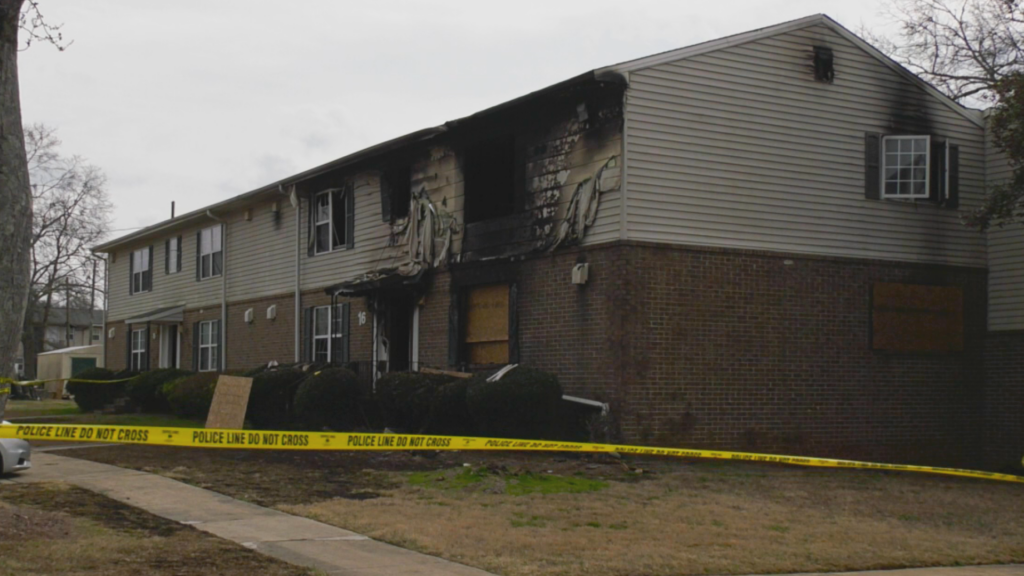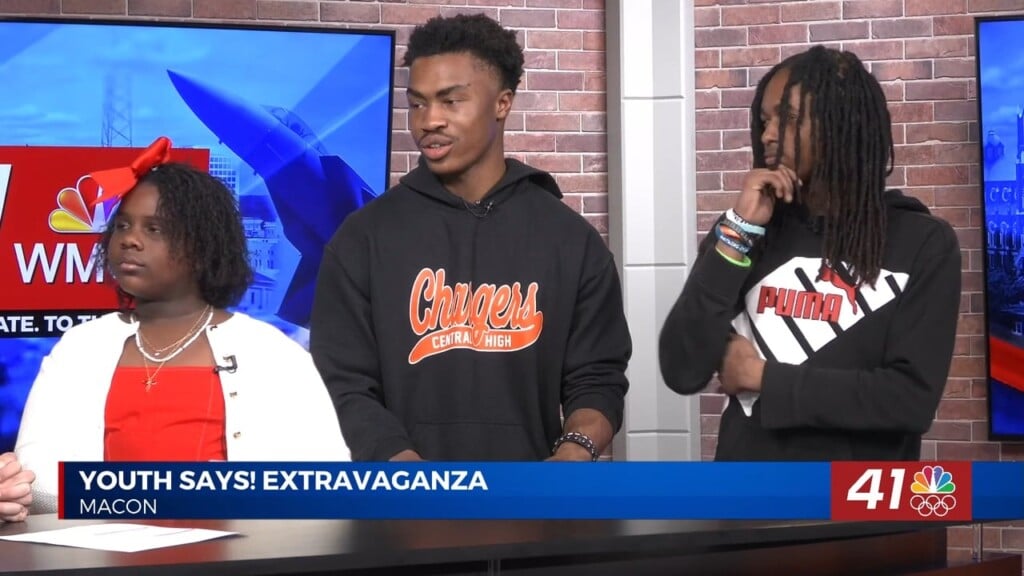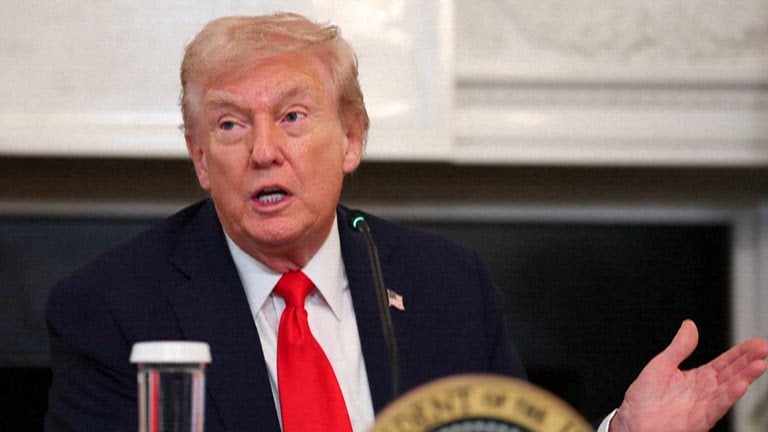Positive Parenting: The Toll of Emotional Inflammation
The goal is to meet kids where they are, to validate their fears and show them that small actions can lead to big emotional relief.
WASHINGTON, D.C. – From endless news alerts to what they hear at school; today’s kids are growing up in a world filled with constant uncertainty. More than 70% of teens say climate change affects their mental health, and nearly half of young people globally report feeling sad, anxious, or powerless about the future. That growing stress has a name: It’s called climate anxiety or emotional inflammation.
They see it on their phones, hear it on the news, or they live through it: Wildfires, floods, hurricanes.
“When people ask me, well, what’s this emotional toll? I say, think about it,” said Lise Van Susteren, MD, forensic psychiatrist at George Washington University School of Medicine Sciences.
She, an expert in climate psychology, calls it “emotional inflammation,” a deeper, longer-lasting kind of anxiety.
“The worry about climate unspooling causes enormous emotional inflammation,” Dr. Van Susteren explained.
She says kids are asking big questions about the future, their safety, and in fact, 39% of young people say climate concerns have made them hesitant to have children of their own.
“We’re making them old before they’ve ever had a youth,” Dr. Van Susteren told Ivanhoe.
So, what can parents do?
“Listen to your kids, ask them what they’re feeling,” said Dr. Van Susteren.
She says sticking to the basics can help. Have age-appropriate conversations: Tailor the conversation to your child’s developmental level. Watch for behavior clues: Notice how your child reacts. Are they spending time in nature, asking questions, or withdrawing, worrying, or avoiding certain topics? And be aware of the conditions a child has grown up in: Have they been directly affected by storms, wildfires, or scary headlines?
“If it’s a child that’s young, you might say, let’s build a family garden. If it’s a teenager that wants to go out and protest, you’re going to say, want me to give you a ride to the protest?” Dr. Van Susteren told Ivanhoe.
The goal is to meet kids where they are, to validate their fears and show them that small actions can lead to big emotional relief.
Experts say those small steps, planting a tree, writing to lawmakers, even talking about feelings, can help kids feel less overwhelmed and more in control. You can find Dr. Van Susteren’s free parent resources at https://climateandyourmind.org/.



